A Fundraiser for Gaza Hopes to Wake Up the Coffee Industry
For 18 months, the coffee industry has remained mostly silent about the ongoing destruction of Gaza. A new fundraiser hopes to raise money—and jolt the industry awake.

This week’s Coffee News Roundup is going to be health-focused, mostly because there’s very little news and what news there is leans heavily on the phrase “a new study has found”.
But first, a really weird approach to sustainable single-use coffee cups.
Single-use disposable coffee cups are a problem. This is clear and obvious and nobody disputes it. (Somebody probably disputes it, but that’s the internet for you.)
Single-use cups take a lot of energy to make, are used once, and then get sent to landfill (at best) and end up in the ocean at worst.
Now, the mature and clearheaded approach to this issue would be to rethink the culture of “coffee-to-go”, understand that our ingrained consumerist need for everything all the time at once now quickly is inherently bad for a world built on balance and harmony, and look to change this approach to coffee.
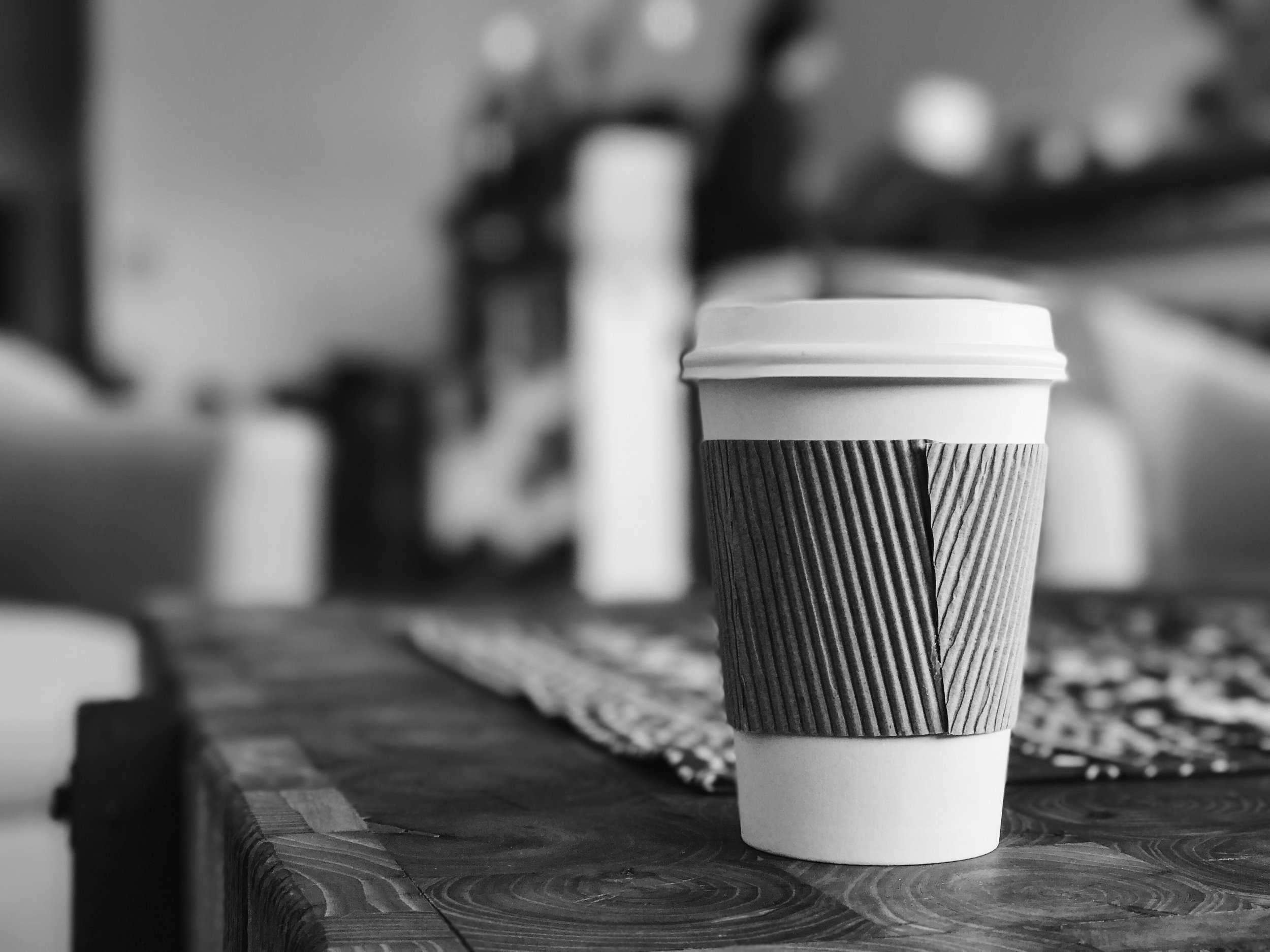
Maybe you don’t need to carry your coffee around in a little receptacle that will immediately be discarded but never really disappear from the world, instead slowly leaching its toxins into the environment over the next few decades. Maybe you could take the time to enjoy your coffee in the cafe, spending five minutes people-watching and being present in the world before rushing to your next meeting.
And thankfully, some cafes (and cities) are encouraging this, either by charging extra for a to-go cup or getting rid of them altogether.
And one company has decided to grow gourds in the shape of coffee cups. Because sure.
Now, to be fair, this is kind of impressive. An architecture and design firm in New York has started growing gourds in 3D-printed coffee cup-shaped molds, with the end goal of using them instead of single-use cups.
Gourds are pretty incredible plants, fast-growing and with a sturdy outer skin, which makes them ideal for use as receptacles. Historically they have been used as cups, bowls and even bird feeders.
And gourd-as-coffee-cup is certainly better than the current “biodegradable” alternative, which mostly aren’t even biodegradable under normal conditions, instead requiring an industrial composter that many municipalities don’t have.
However, it’s still a strange, capitalistic solution to a problem that doesn’t even need to be a problem. Maybe work to change the culture and behavior of coffee consuming, rather than desperately trying to find a replacement for something that enables people to carry on with their destructive habits while feeling like they’re making a difference.
Anyway, enough ranting. Let’s talk about health shall we?
First, the good news.
A new study has pinpointed two compounds commonly found in coffee that seem to have an effect on prostate cancer growth. Japanese researchers filtered through the thousands of volatile and nonvolatile compounds found in coffee and found two, Kahweol acetate and cafestol, that appeared to inhibit cancer growth in cells which had proven resistant to anti-cancer drugs.
Now, this study was done on mice cells and is extremely preliminary (the researchers were at pains to point that out) but it’s another sign of coffee’s seemingly endless applications in the field of health.
Colon cancer is the third most common cancer in men and women in the United States, according to the Centers for Disease Control and Prevention, so finding ways to prevent and treat the disease is a clear priority. Whether coffee helps in this regard is still to be seen (remember, the researchers maintain that their study is still in its early stages) but it’s another indication of the positive health benefits of our favorite drink.
Hang on.
First you say coffee is good for us, and now this? Come on, science, get it together.
OK, so. The study, lead by Dr. Farhad Islami of the American Cancer Society, found that people who drink on average two cups of hot tea per day (they classify hot as being 140 degrees Fahrenheit, or 60 degrees Celsius) have a 90% higher risk of esophageal cancer than those who drank less or cooler tea.
That’s right, tea. Breathe out, everyone.
Now, Dr. Islami mentions coffee in this pull quote: “Many people enjoy drinking tea, coffee, or other hot beverages. However, according to our report, drinking very hot tea can increase the risk of esophageal cancer, and it is therefore advisable to wait until hot beverages cool down before drinking.”
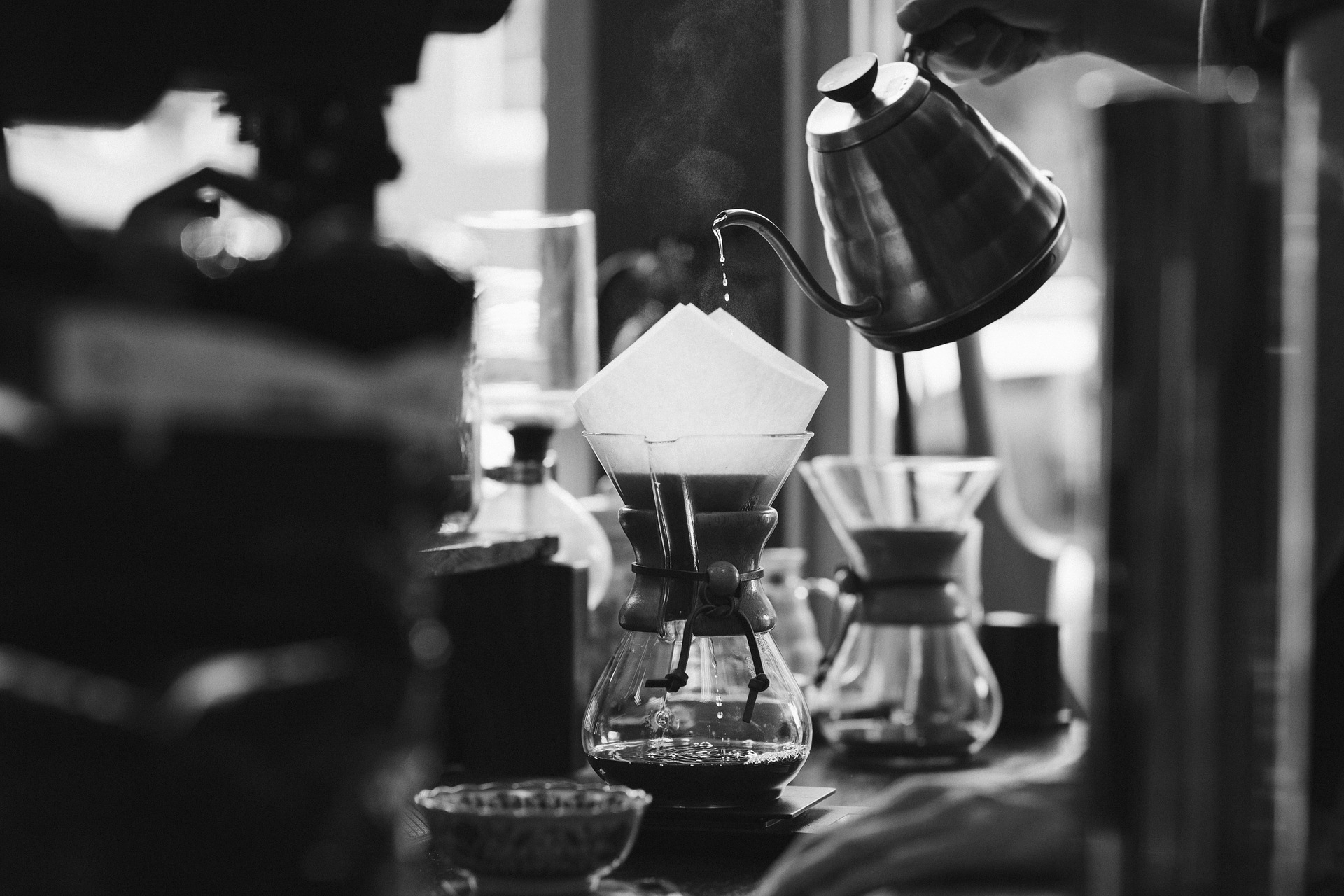
Drinking extremely hot beverages has long been associated with higher risk of cancer, as has repeated irritation of any body surface (think sunburn and skin cancer, or smoking and lung cancer). And the study was conducted in Iran where tea is consumed at far hotter temperatures than in Europe or North America.
Whether this study will lead to people letting their coffee cool before drinking remains to be seen, but it will surely add to the argument by some that cold brew is really the way to go.
Or you could just brew your coffee in a Chemex, which guarantees that the final cup will be deliciously lukewarm once it’s done dripping.
From the good, to the bad, to the… ambivalent?
Coffee affects your body in the opposite way to marijuana, according to a new study which examined the levels of endocannabinoid chemicals in the blood after consumption of everyone’s favorite beverage.
Cannabinoids are the chemicals that give marijuana its medicinal (as well as recreational) properties, but they are also found naturally in the human body. According to the study, the neurotransmitters related to the endocannabinoid system decreased after drinking four to eight cups of coffee in a day, the opposite of what happens when ingesting cannabis.
(As an aside, it’s unceasingly strange that all these scientific projects never actually state the exact amount of coffee involved in the study—four to eight cups is extremely vague, and it’s always like this. Give me a milliliter amount, dammit.)
Now, the study authors don’t really make a statement about whether or not their findings are positive or negative, health-wise—they’re just interesting. Take from that what you will.
Jeez, who knows.
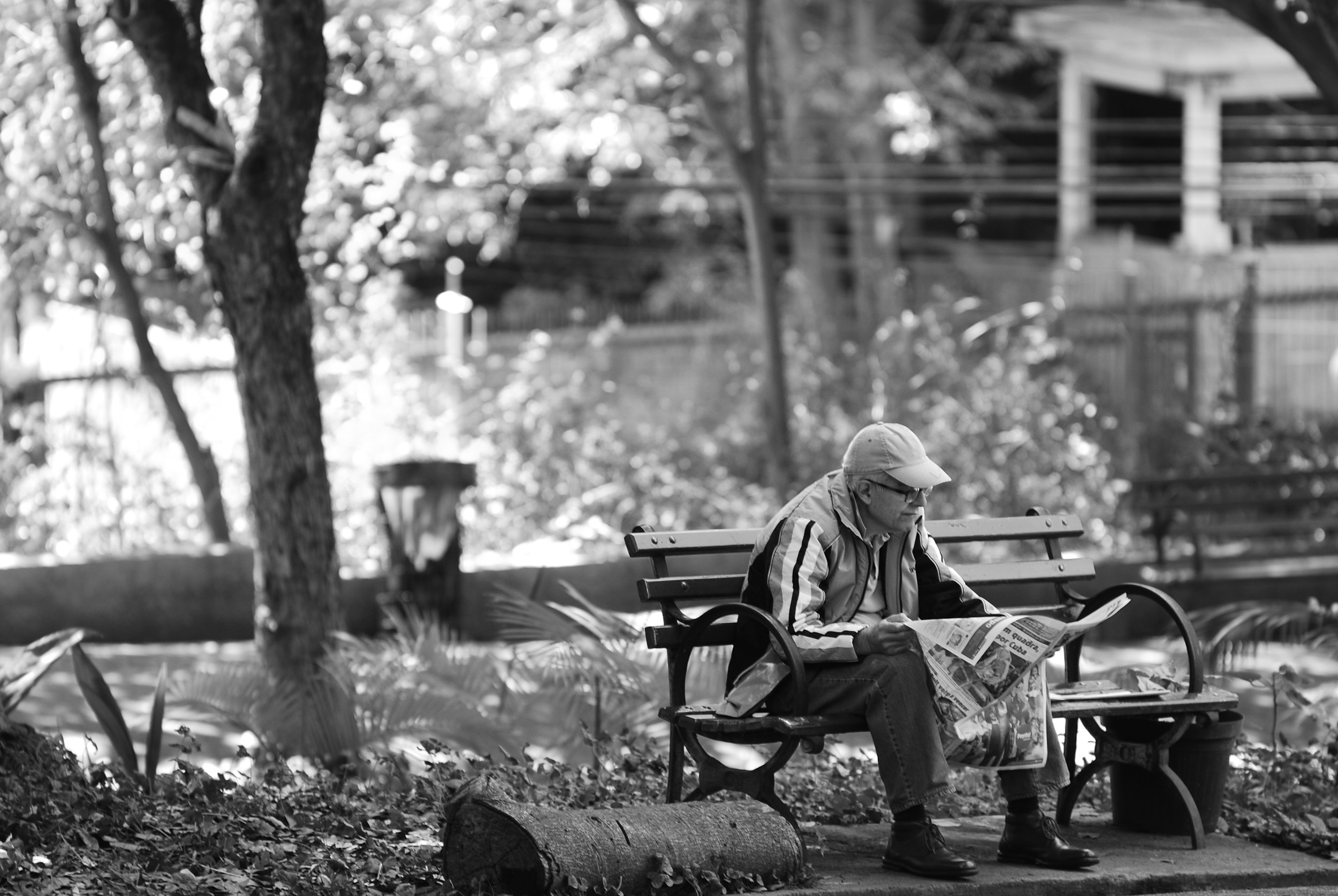
A Fight For The Truly Ideal Price Of Coffee by Fernando Morales-de la Cruz
Rose Woodard Confronts Bias In Coffee Competition Judging by Sprudge
Innovative Models At Origin: Communal Land Management And Income Diversification by Dan McQuillan
Until next week, drink good coffee. Four to eight cups per day, preferably.
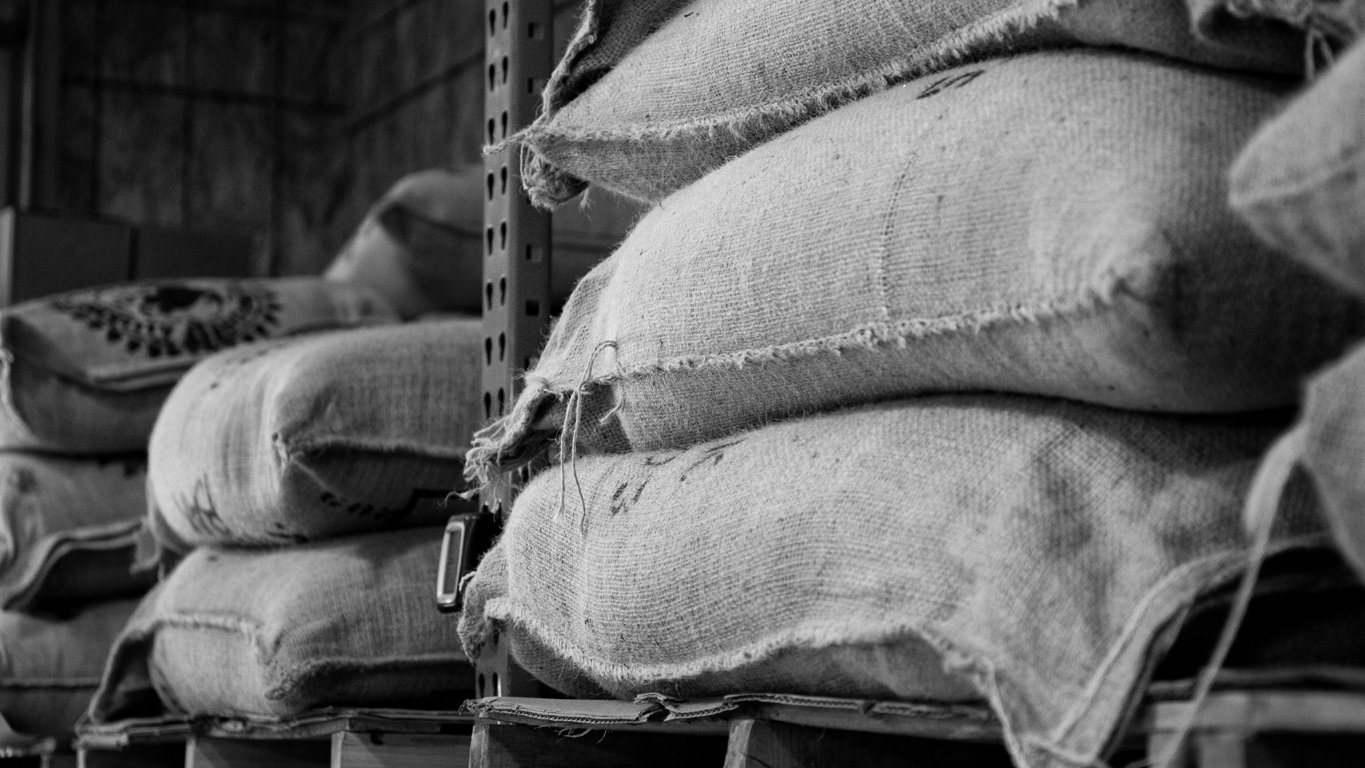
Nov 24, 2023 Connecting the Dots: Inside the 2023 Coffee Barometer Nov 24, 2023 Nov 24, 2023
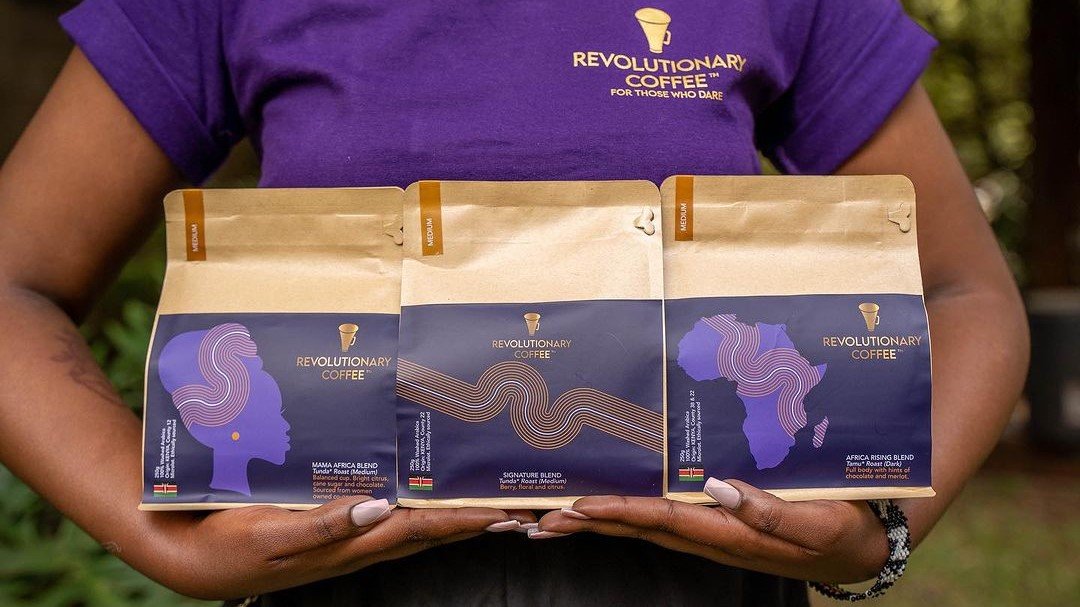
Oct 21, 2023 'Specialty Coffee Should be Enjoyed by Those Who Grow It': The Farmer's Daughter Joining Kenya's Coffee-drinking Revolution Oct 21, 2023 Oct 21, 2023
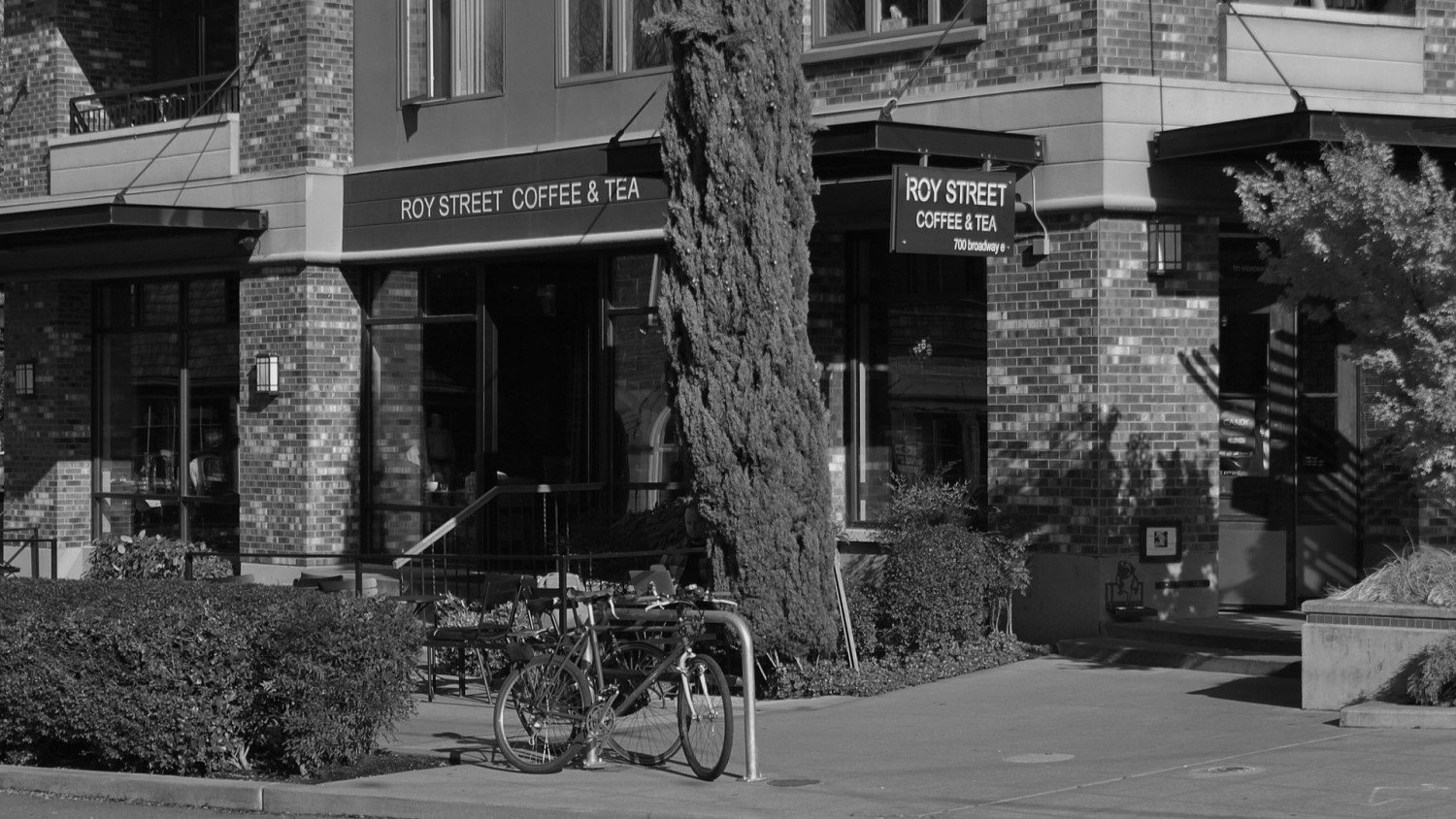
Oct 6, 2023 Stealth Starbucks: A Premonition of Modern Specialty Coffee Oct 6, 2023 Oct 6, 2023
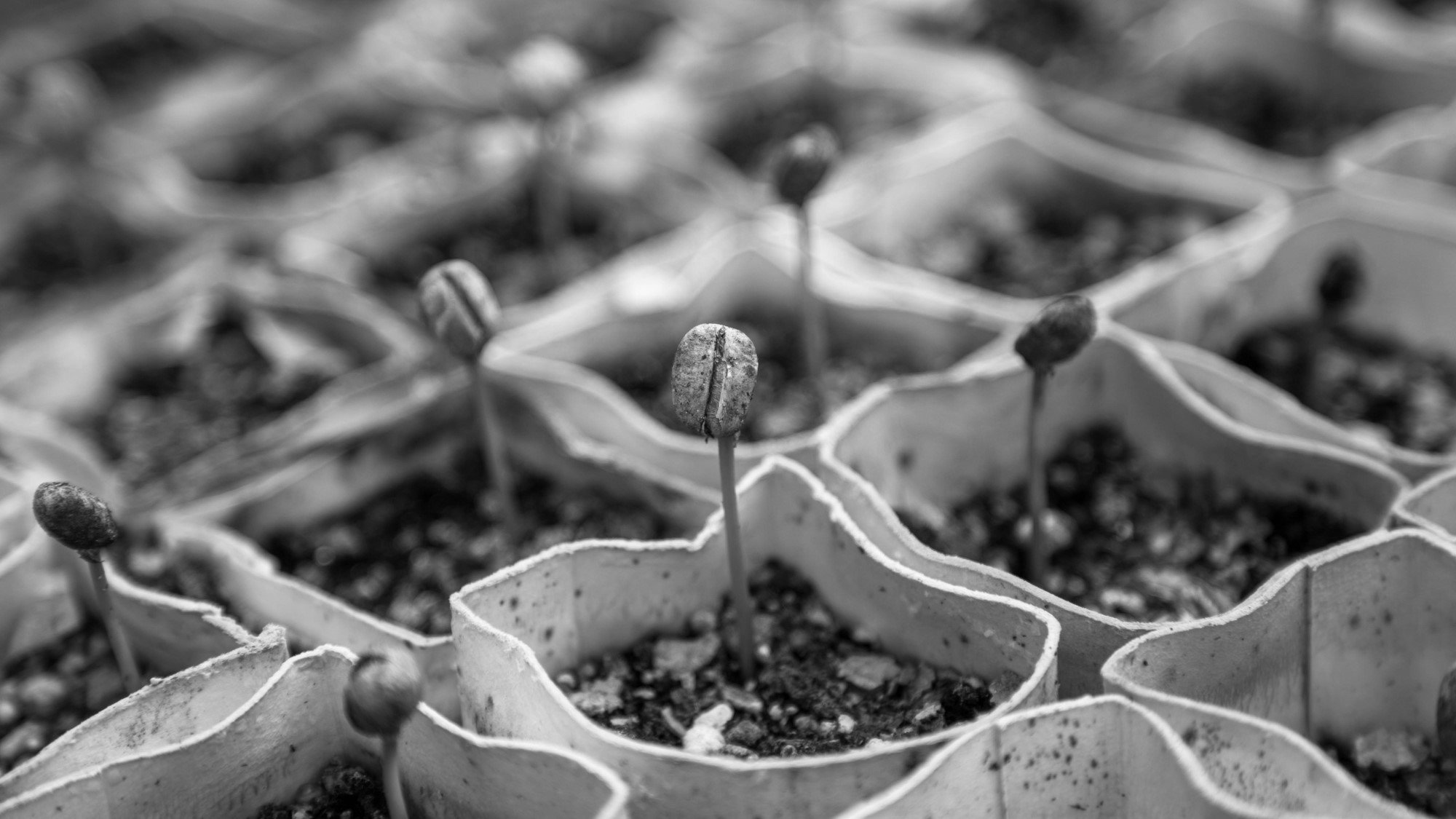
Sep 22, 2023 Can the Coffee Change Fund Save Coffee? Sep 22, 2023 Sep 22, 2023
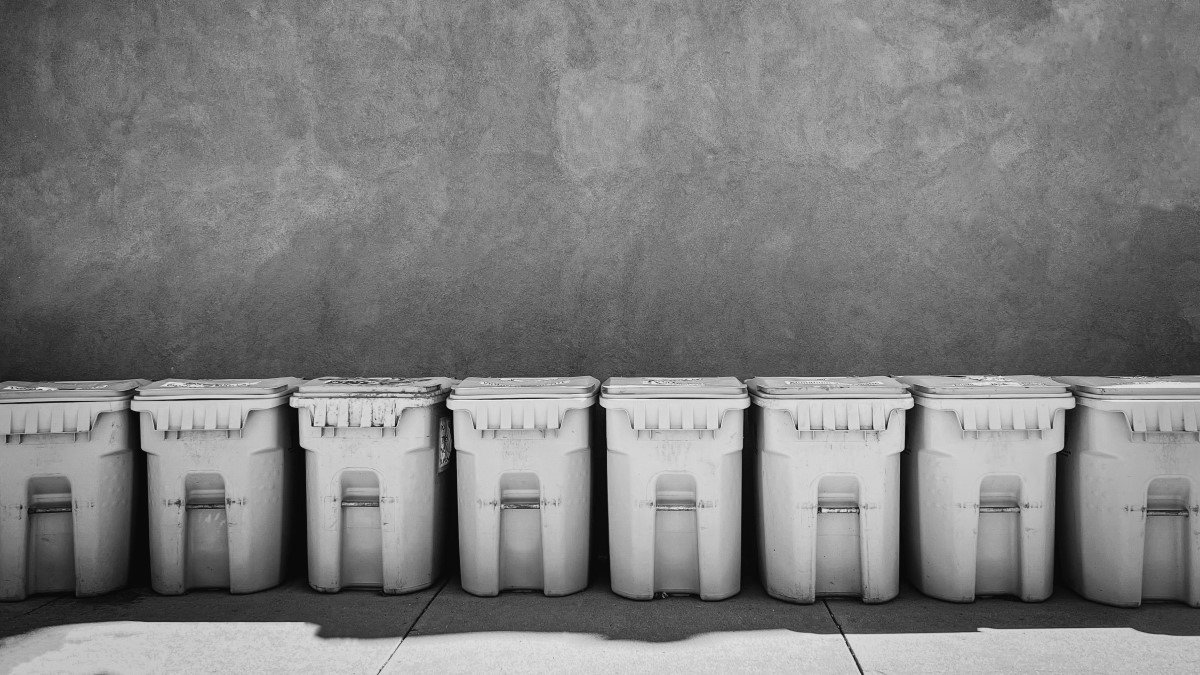
Sep 8, 2023 Upcycled Coffeewashing Sep 8, 2023 Sep 8, 2023
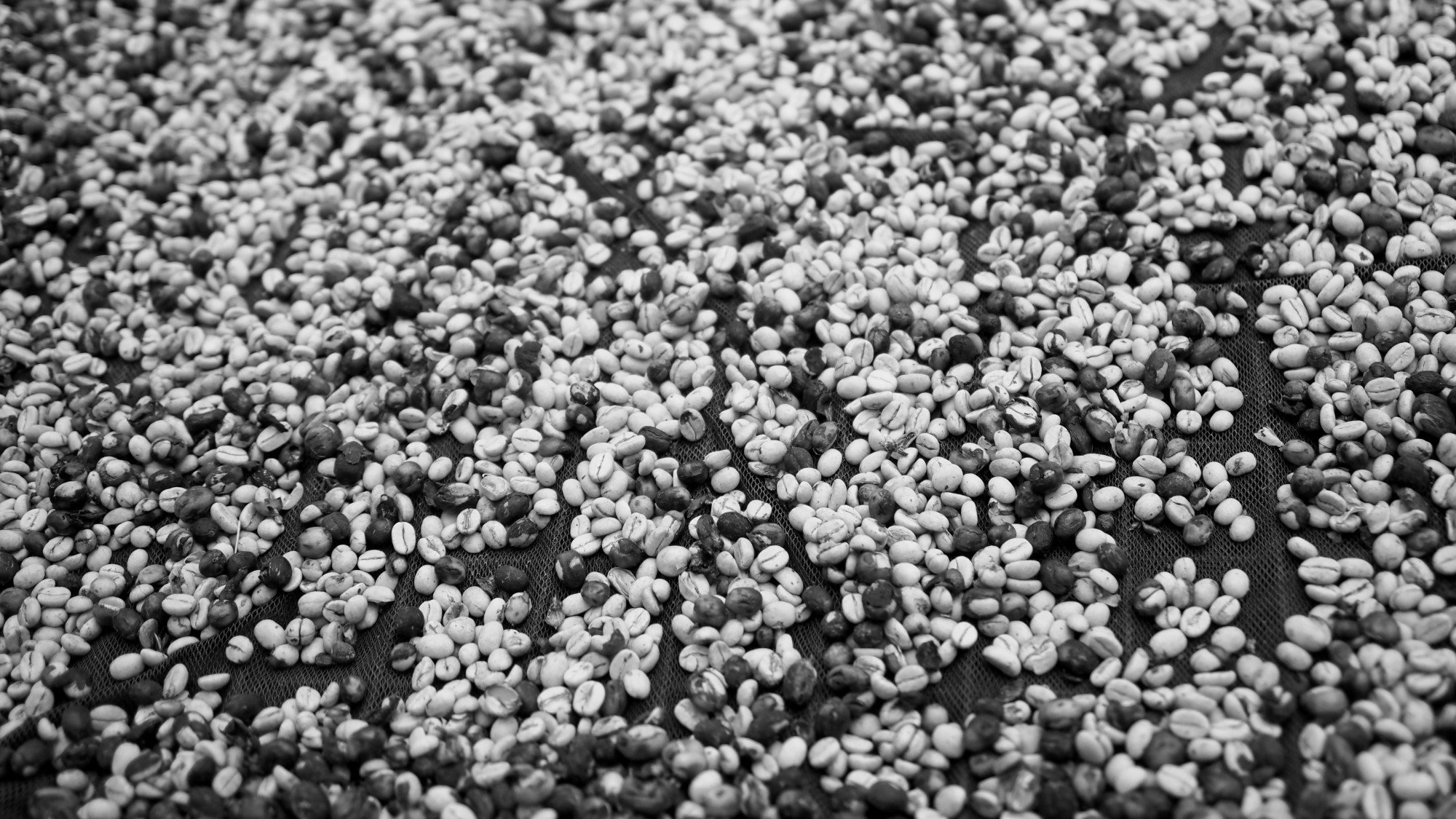
Aug 25, 2023 From A Concerned Farmer Aug 25, 2023 Aug 25, 2023

Aug 11, 2023 Philly is a (Coffee) Union Town Aug 11, 2023 Aug 11, 2023
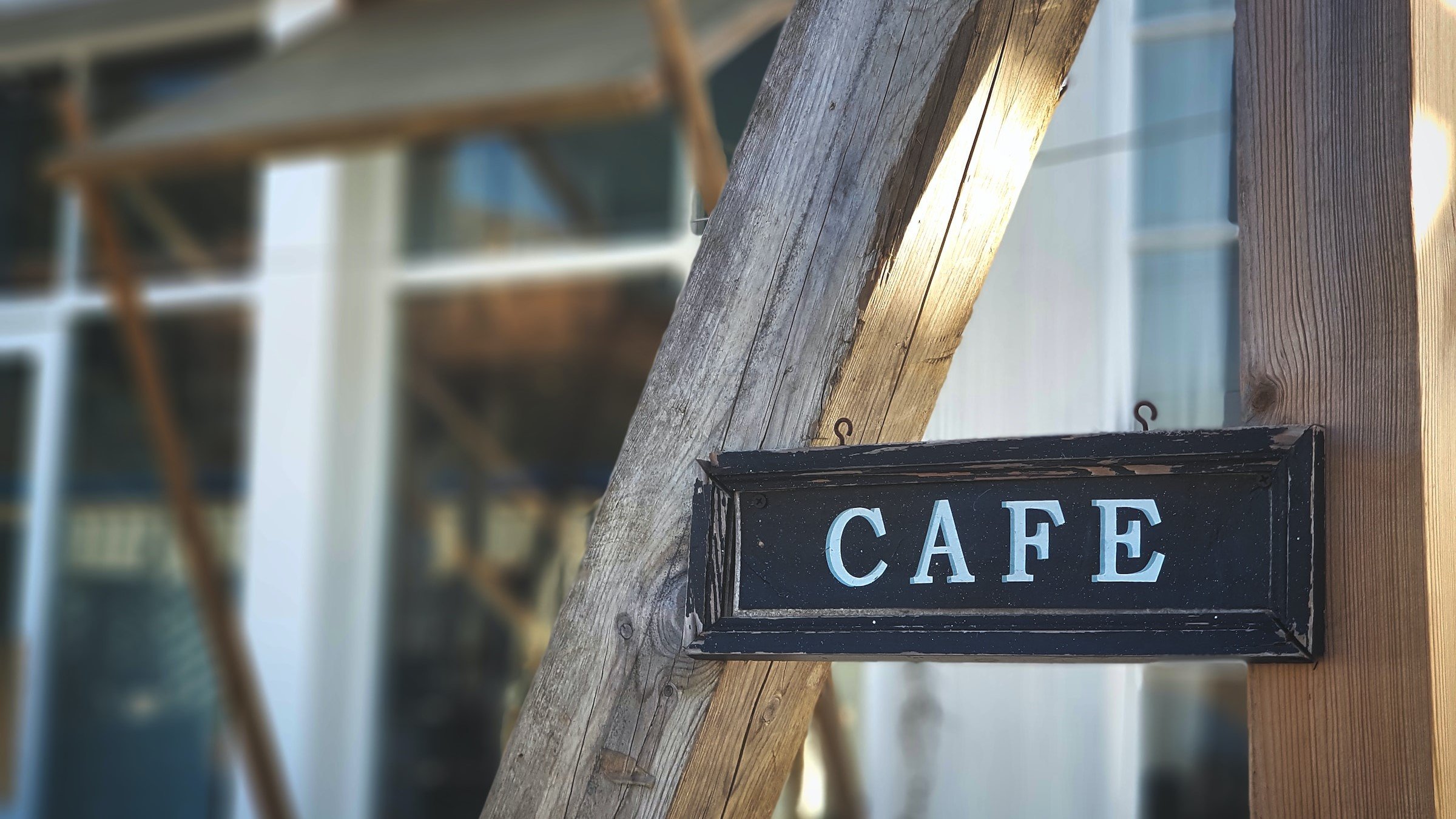
Jul 28, 2023 South Korea's Coffee Wars Jul 28, 2023 Jul 28, 2023

Jul 14, 2023 Camp Coffee, Colonialism, and the Evolution of a Brand Jul 14, 2023 Jul 14, 2023
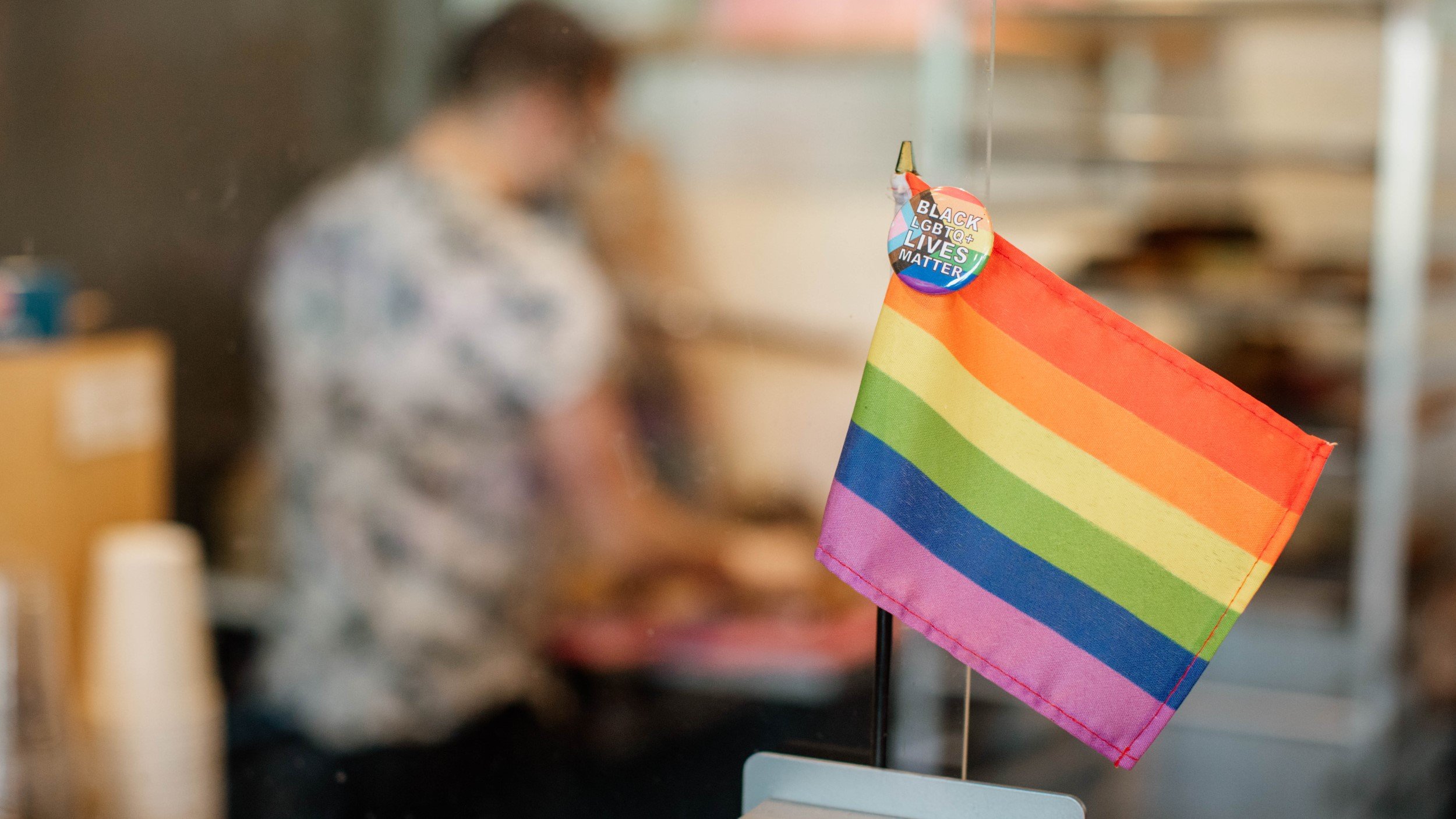
Jun 30, 2023 Defiance and Gay Frog Donuts: How Strange Matter Coffee is Navigating the Anti-LGBTQ+ Backlash Jun 30, 2023 Jun 30, 2023
A newsletter about coffee—its culture, politics, and how it connects to the wider world.